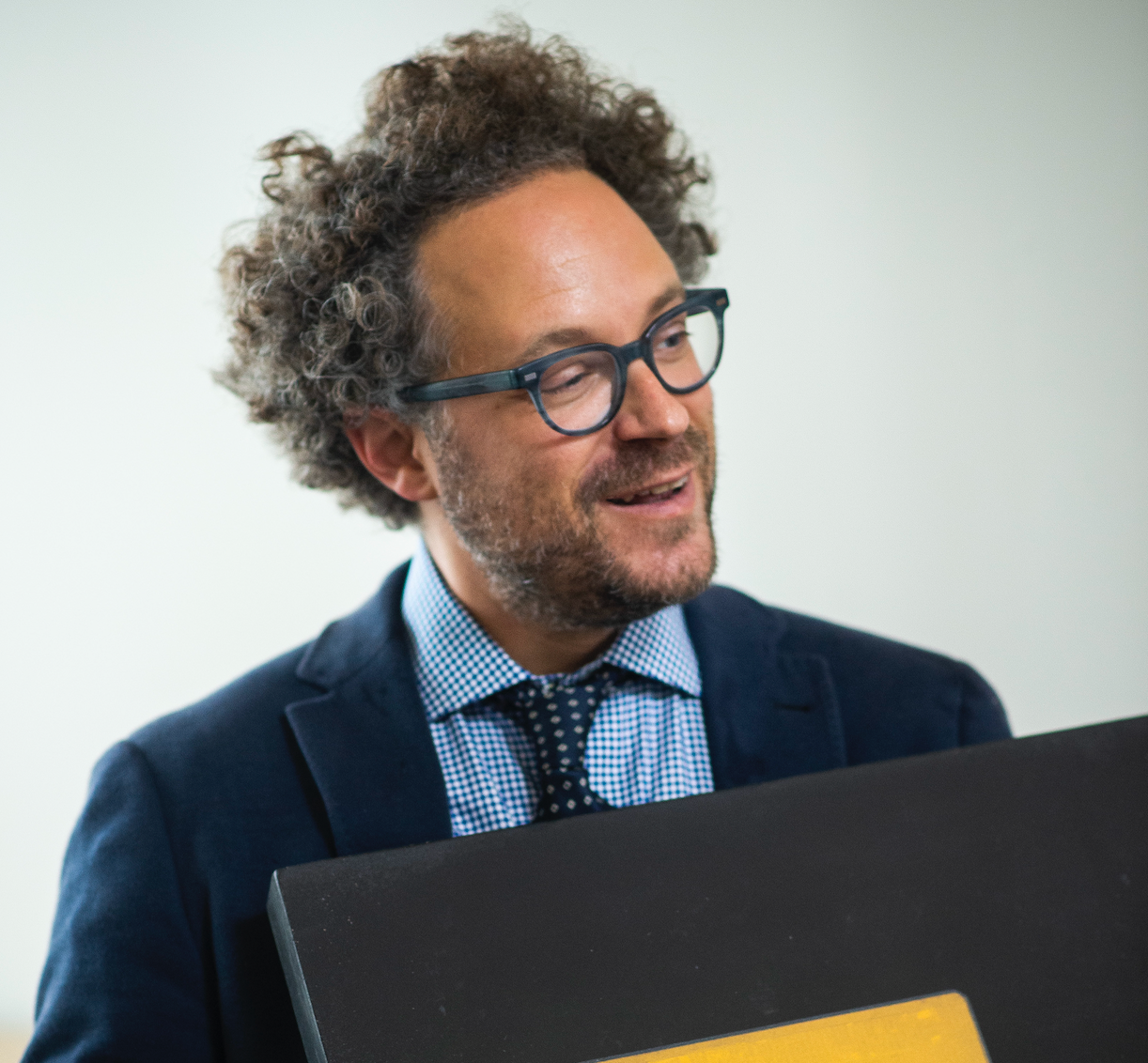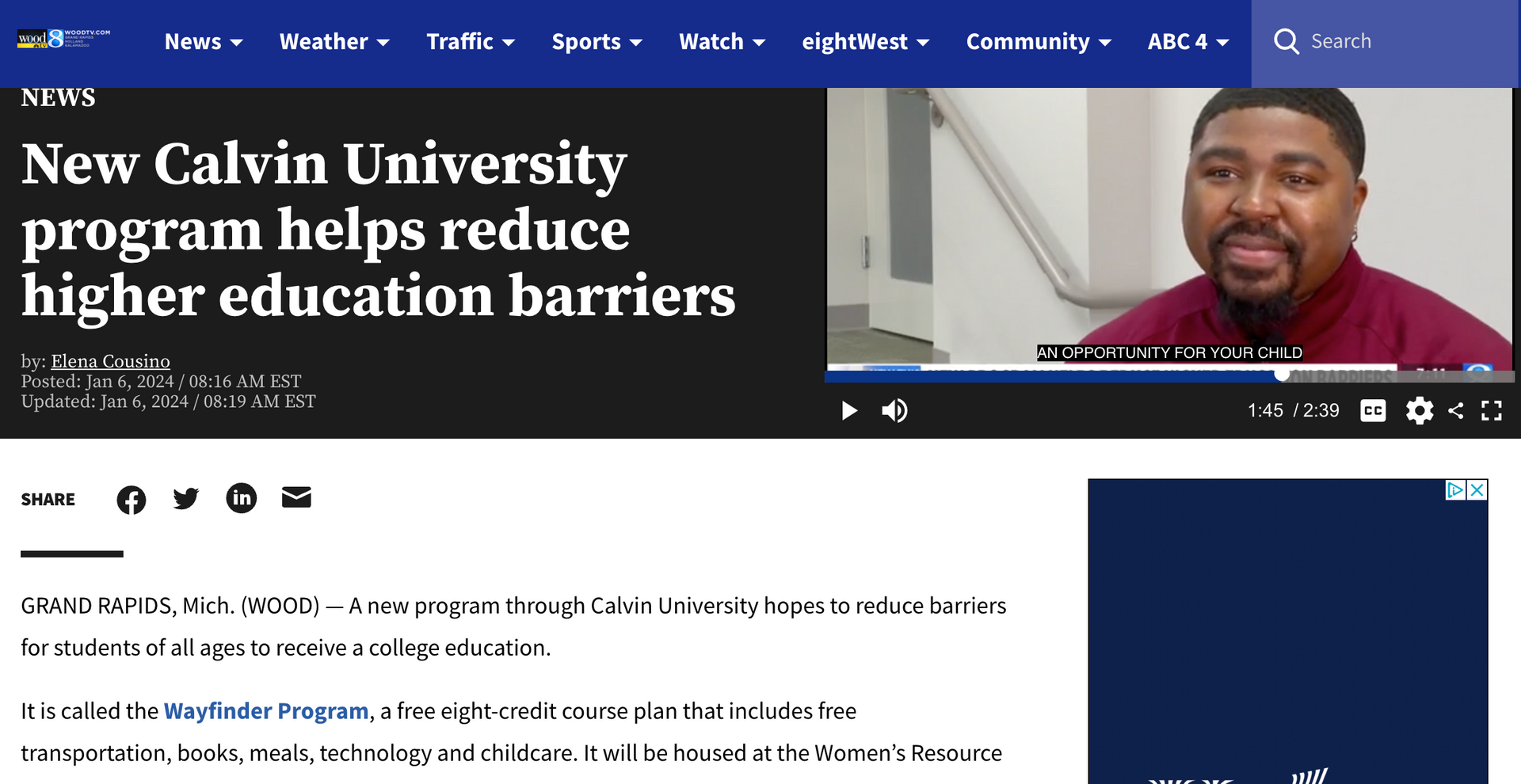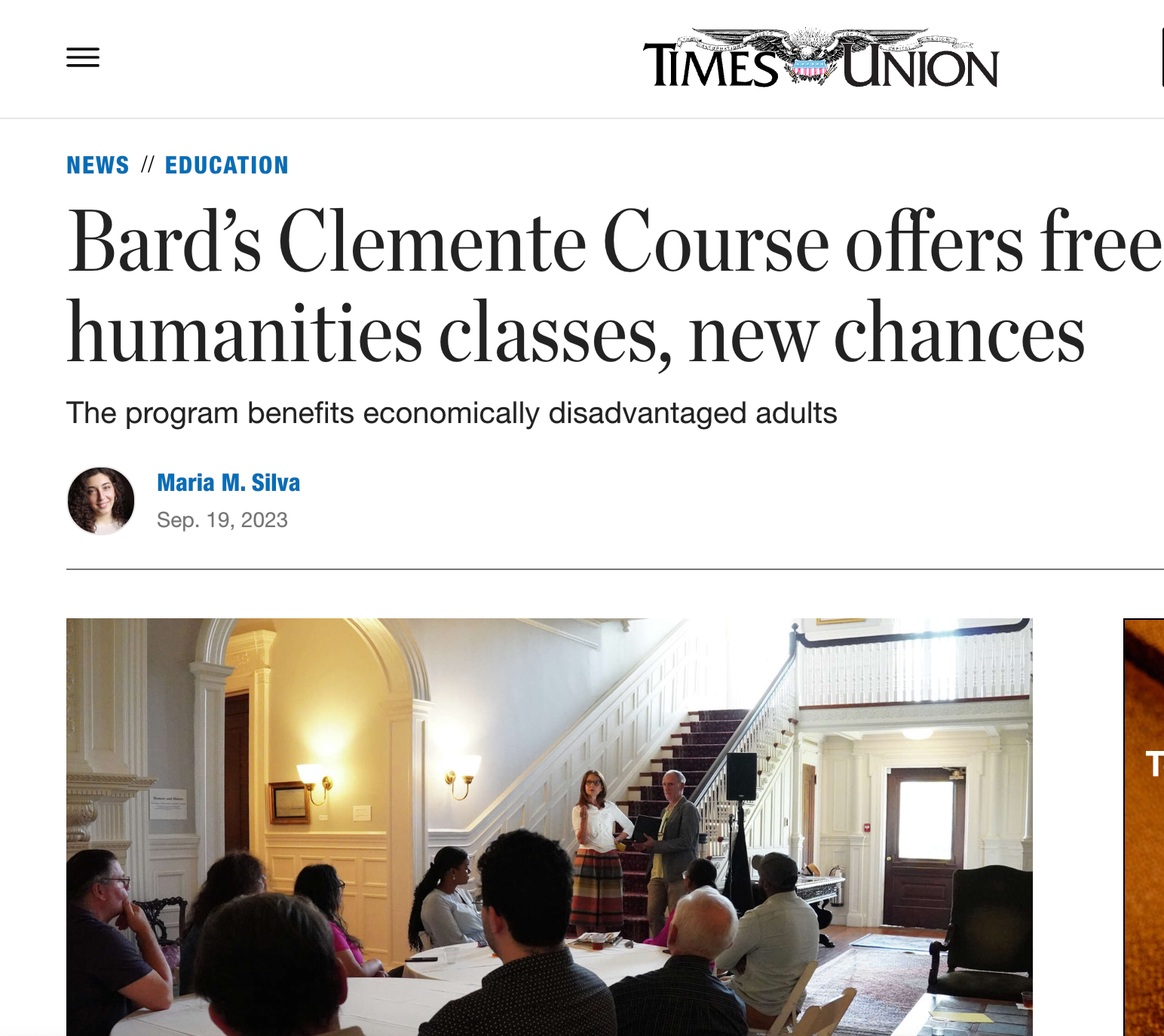NEH Funds Clemente Inflection Points Project
New $150,000 grant supports alumni seminars
What do cultural and political inflection points have to teach us about how we—collectively and individually—respond to change?
That question is at the center of the Clemente Inflection Points Projects for which the National Endowment for the Humanities has awarded the Clemente Course and Antioch University a new $150,000 grant. The grant will support the development and piloting of four second-year interdisciplinary humanities seminars to take place in Austin, Los Angeles, Seattle, and New Bedford, MA.
Designed for Clemente graduates and offered for college credit from Antioch, the course will look to humanities texts as wide ranging as Diego Rivera’s Man at the Crossroads, Robin Wall Kimmerer’s Braiding Sweetgrass, and Octavia Butler’s Parable of the Sower to understand how individuals and cultures have made sense of a changing world.
The four seminars will examine the way historical inflections points alter our understand and make strange what we previously took for granted. The worlds we inherit or make
in the wake of these monumental events may in many ways still resemble the former worlds, but even minute differences demand that we reexamine our assumptions about who we are and how we live. They will ask how the humanities can guide us as we navigate and claim our own place this evolving landscape?
Each seminar will serve 15-20 graduates from across the Clemente network and be offered for three credit hours. In addition to this grant, the NEH has generously supported the Clemente Veterans’ Initiative through NEH’s Dialogues on the Experience of War initiative.






